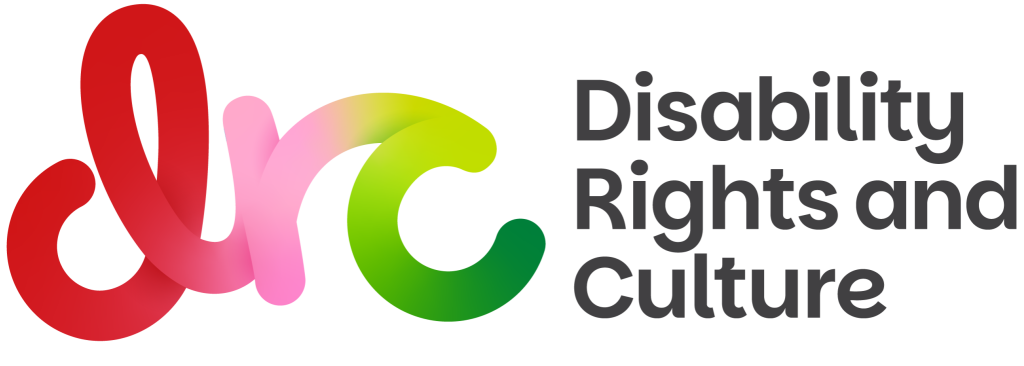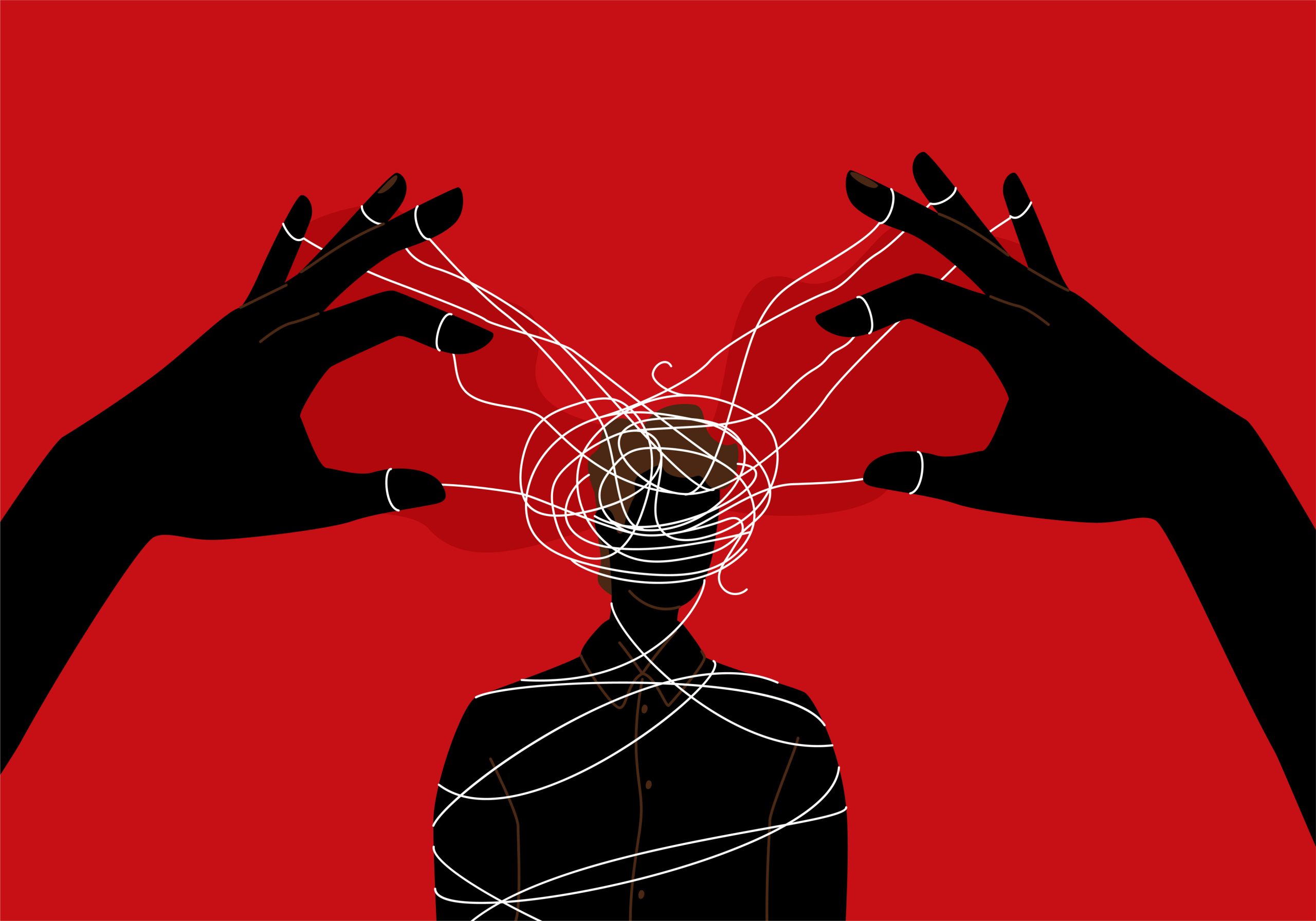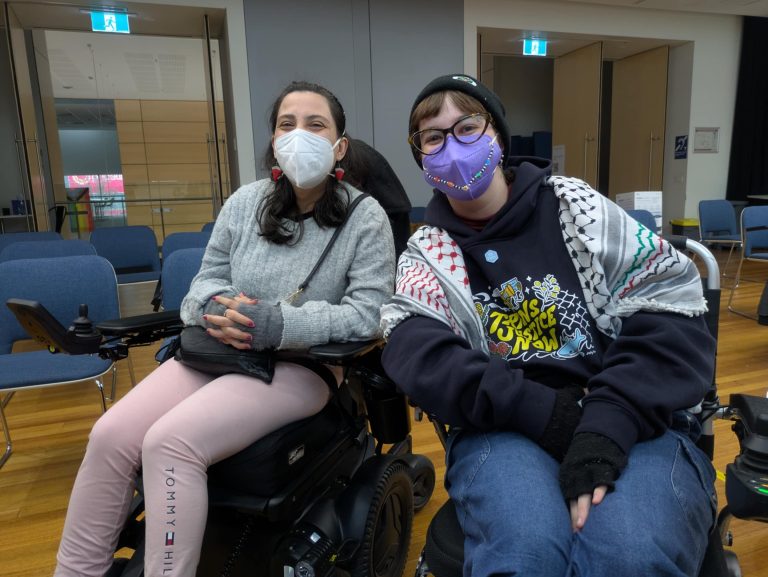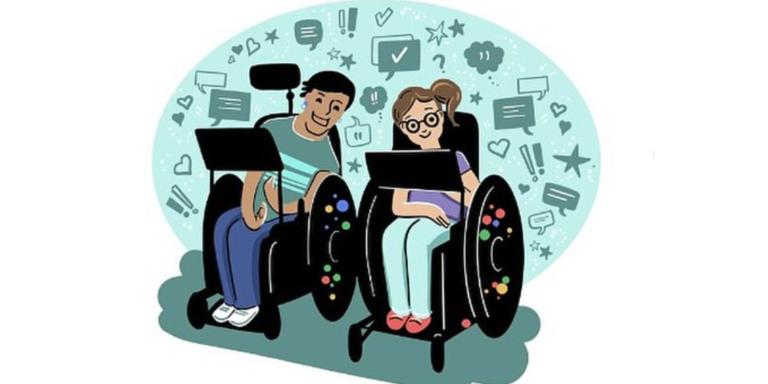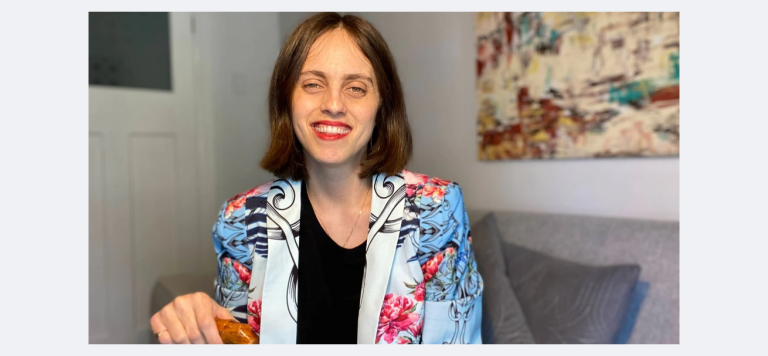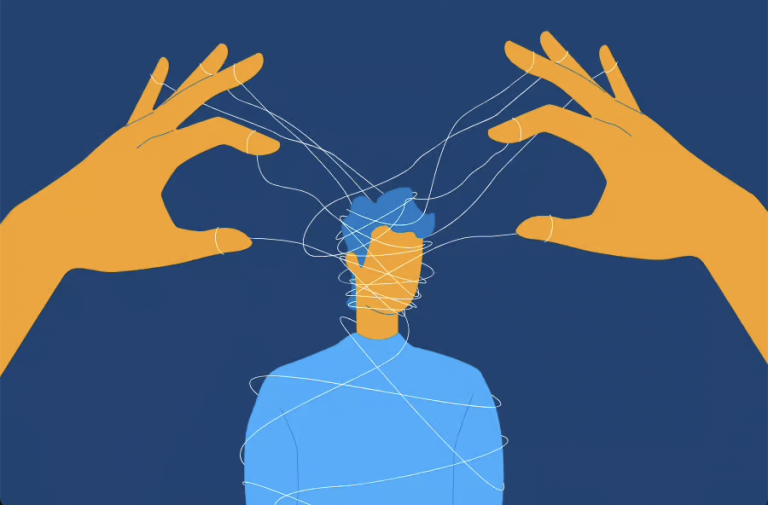Breaking the silence on medical gaslighting
Let’s start with a scenario a lot of us know too well.
You go to the doctor because something’s wrong. You’ve been dealing with symptoms that are affecting your life. You’re tired, in pain, or something just feels off. You sit in the waiting room rehearsing what you want to say. You finally get into the room, explain what’s going on. And the response?
“It’s probably just stress.”
“Your tests are normal, so there’s nothing to worry about.”
“Maybe you’re overthinking it.”
You leave the appointment questioning yourself instead of feeling heard. This experience has a name. It’s called medical gaslighting. And unfortunately, it’s something that many people deal with.
What is medical gaslighting?
Medical gaslighting is when a health professional dismisses, downplays, or questions your symptoms or concerns. It doesn’t always look dramatic. Sometimes it’s subtle. It might be a doctor interrupting you, brushing off your pain, or refusing to explore further testing even though you know something’s wrong. Other times, it’s a full shutdown of what you’re trying to communicate.
It can look like:
- Saying your symptoms are caused by stress without checking for anything else
- Ignoring or minimising how serious something feels
- Suggesting it’s “just anxiety” when physical symptoms are involved
- Refusing referrals or testing for no clear reason
- Acting like you’re exaggerating or imagining what’s happening
- Dismissing your own knowledge about your body
None of this is good medicine. And yet, for many people—especially those with chronic illness—it’s far too common.
Who does medical gaslighting happen to?
In theory, it could happen to anyone. But in reality, some people are more likely to experience medical gaslighting than others. Like:
- Women and gender-diverse people
- People of colour
- Fat people
- People with disabilities or chronic illnesses
- Neurodivergent folks
- People with a history of mental health diagnoses
There’s a lot of bias baked into the healthcare system. And when you don’t fit the mould of who the system was built for, your voice often carries less weight. That’s not your fault. But it does mean you may have to work harder to be taken seriously.
How does medical gaslighting feel?
Medical gaslighting hits hard because it happens when you’re already vulnerable. You’re sick, scared, and looking for answers. Instead of help, you get silence, disbelief, or blame.
People often feel:
- Confused: “Am I overreacting?”
- Ashamed: “Maybe I am just anxious.”
- Alone: “Nobody gets it.”
- Angry: “Why won’t anyone listen?”
- Defeated: “What’s the point of trying again?”
It’s not just about one appointment. The effects can linger. Some people start doubting their own reality. Others stop going to doctors entirely. That can lead to missed diagnoses, unmanaged symptoms, and even medical trauma.
The dangers of medical gaslighting in healthcare
Gaslighting in healthcare isn’t just frustrating. It’s dangerous.
It can lead to:
- Delayed diagnoses. Conditions like autoimmune diseases, endometriosis, or neurological disorders often get brushed off for years.
- Worsening symptoms. Ignoring early signs means conditions are often caught later, when they’re harder to treat.
- Mental health damage. Feeling unheard over and over again can lead to depression, anxiety, or trauma.
- Loss of trust. When someone’s been dismissed repeatedly, it makes sense that they stop going to the doctor until things get serious. By then, it might be too late.
The result? People fall through the cracks. And those cracks are huge.
Signs you might be experiencing medical gaslighting
It can be hard to tell sometimes. But there are some clear red flags that might be a sign you’ve been experiencing medical gaslighting. For example:
- You keep getting told it’s stress, anxiety, or “just how your body works,” even though your symptoms are new or getting worse.
- Your provider won’t refer you to a specialist or order more tests—even after multiple visits.
- You leave appointments feeling worse, not better.
- You’ve started doubting your own instincts.
- You’re doing your own research, keeping records, and preparing arguments just to be taken seriously.
If this sounds familiar, you’re not being paranoid. You’re recognising a pattern.
So, what can you do about medical gaslighting in healthcare?
It’s not easy, but there are steps you can take to push back against medical gaslighting and protect yourself in the process.
- Trust yourself
You know your body. You live in it every day. If you feel like something is off, don’t let anyone convince you otherwise. Trust that instinct. It’s valid.
- Keep records
Write things down. Track your symptoms: what they are, how long they last, what makes them worse or better. Bring that information to your appointments. It gives you something concrete to refer back to, especially if you’re feeling dismissed.
- Ask questions
Sometimes putting a question on the table can shift the tone of a conversation.
Try:
- “Can you explain why you think this isn’t worth testing further?”
- “What are we ruling out, and what’s still on the table?”
- “If this is stress, what symptoms would make you think it’s something more?”
Even just asking the doctor to explain their thought process can hold them accountable.
- Bring a support person
If you’re able to, bring someone with you. A friend, partner, or family member can help advocate alongside you, take notes, and offer emotional backup if things start to feel dismissive.
- Get a second (or third) opinion
If your doctor won’t listen, you don’t have to stay. Find someone else. This can feel daunting, especially if you’re tired or unwell, but you deserve care that actually helps. Keep looking until you find a provider who treats you with respect. Asking those in the community for good doctors can be a great way to find someone who will actually help.
- Build up your advocacy skills
Self-advocacy isn’t something most of us are taught. It’s something we learn through experience, sometimes the hard way. But it can be a real game-changer.
Prepare for appointments like you would a job interview. Have a list of your top concerns. Practice how you’ll describe your symptoms.
Stay clear and firm about what you want from the appointment. For example: “I’d like to discuss a referral” or “I want to talk about testing options.”
Don’t be afraid to pause and regroup during the appointment. You don’t have to respond immediately if you’re overwhelmed.
Advocacy isn’t about being confrontational. It’s about holding space for yourself and not backing down when you know something isn’t right.
You are not alone in this
One of the most powerful things you can do is connect with others who understand. Chronic illness, disability and medical gaslighting can feel isolating, but there are communities out there full of people who get it.
Online support groups, forums, or local meetups can be spaces to share stories, get tips and resources, vent without judgment, and hear: “Yeah, that happened to me too. It’s not just you.”
Validation matters. So does community. You don’t have to carry this alone.
Medical gaslighting is a systemic problem
This isn’t just about a few bad doctors. It’s a wider issue. Medical gaslighting is often built into how healthcare systems function. There are too few resources, short appointment times, and a system that tends to prioritise profit, convenience, or quick answers over deep listening.
And then there’s bias. Not everyone gets the same level of care. Race, gender, weight, disability, and mental health history can all affect how seriously you’re taken.
The system needs change. But until that happens, we need to equip ourselves and each other with the tools to survive it.
You deserve better
You deserve to be taken seriously. You deserve answers. You deserve care that doesn’t leave you feeling worse.
Medical gaslighting is real. It’s harmful. And it doesn’t get better by staying quiet.
Start by naming it. Then talk about it. Learn your rights. Ask questions. And remember, if one doctor won’t listen, someone else will. You are not the problem. The system might be. But you’re allowed to take up space anyway.
We’ll keep unpacking this, together.
Want to connect more with the disability community and people who get it? Join Belong, our free disability-led network. It’s radically inclusive, and everyone is welcome.
Interested in writing a blog for us? We’d love to hear from you. Get in touch with Zoe@drc.org.au today.

Alison De Moreno is an Afro-Latina queer law student with a professional background in consulting, risk management, and compliance. As a multiply disabled, autistic person with ADHD, she brings valuable lived experience and insight into the barriers disabled people face in education, workplaces, and daily life. She is especially passionate about using policy and law as tools for inclusion and equity, and she hopes to help drive meaningful change through her work with the DRC as Co-Chair of the Board.
